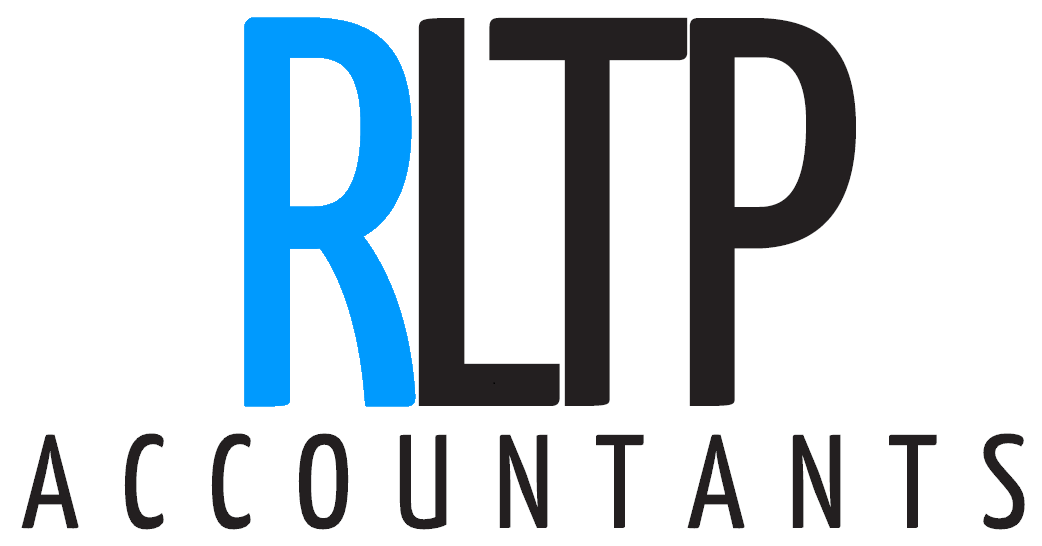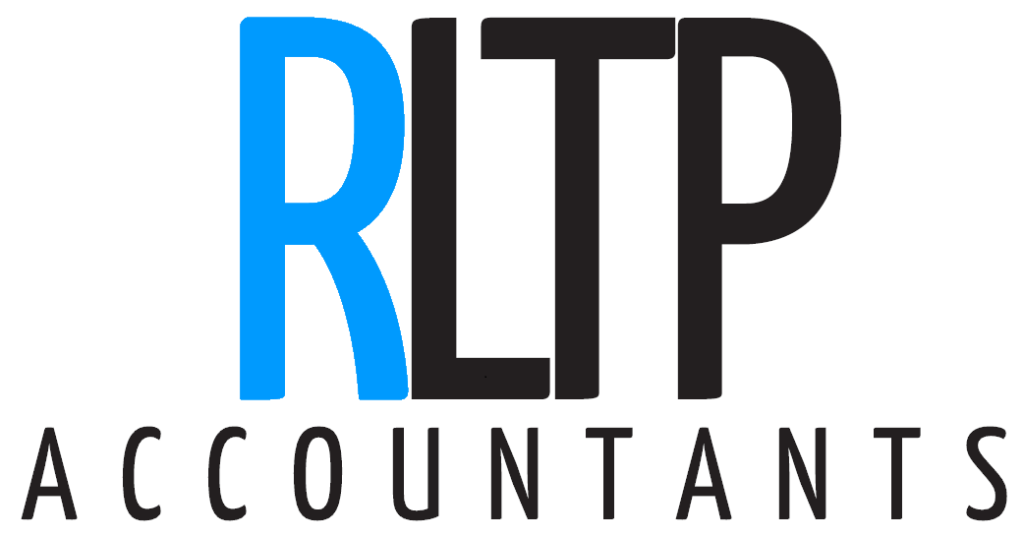Whether you’re a seasoned business owner or have just started a brand new company, you’ll be aware that expert accountancy services, provided to you by a professional accounting team, such as us here at RLTP Accounting, is absolutely paramount to the smooth running of your financial situation and operations. Part of this is making sure that you have the right accounting method in place.
Generally, there are two common methods: cash basis accounting and accrual accounting. But how do you know which one is best for you and your business? Your specialist accountant will know exactly which method to use based on the size of your company, among other things. However, if you’re unsure about what the differences are between the two, then you’ve come to the right place.
What is cash basis accounting?
Cash accounting is an accounting method that is used, mostly, for small businesses or organisations. If the organisational structures are more complex, then the accrual accounting method would be adopted instead, generally. However, neither one of these methods are considered to be better than another.
Cash accounting essentially involves realising the revenue received and expenses paid once money has been sent and received. It’s a more straightforward accounting method which is why it’s often applied to small or start up businesses. It would be a more difficult method to implement for large companies.
What are the benefits of cash basis accounting?
You might now be wondering why cash basis accounting would be beneficial at all, regardless of the size of your business. But it actually offers far more advantages than you might have otherwise realised. Again, this isn’t to say that cash accounting is better than accrual accounting, or vice-a-versa, it’s just that one method might work better for a smaller business and the other is more beneficial to larger companies. For now, however, let’s talk about the benefits that cash accounting has to offer:
- It’s a simple method that can be easily interpreted
- It’s transparent, which makes it far easier to calculate tax
- It allows you to see cash on hand, meaning you’ll be aware of your business’ financial situation in real time
- It enables the business owner to have more control over their transactions, both outbound and incoming
What is accrual accounting?
Accrual accounting is a specialist method used by accountants to record any expenses and/or revenue for a business before any payments have been issued or received. Essentially, this method of accounting will only record revenue made once a transaction has been made, in some form or another, for the purchase of goods and services. Although not every business operates in this capacity, you’ll find that this is one of the most common accounting methods used when it comes to recording business revenue and, in some cases, business expenses, even before any expenses are actually paid out.
What are the benefits of accrual accounting?
There are several ways in which accrual accounting would be beneficial to a business. Although this doesn’t mean that it’s necessarily better than the cash basis accounting method, they’re simply two different accounting methods that can be utilised by businesses and companies alike across the globe. So with this in mind, here’s how accrual accounting could benefit you:
- It offers a more accurate insight into business and finances and performance
- It allows a business owner to make informed financial decisions with confidence
- It can be easier to pitch for should long-term finance be needed
- It enables business owners to see an accurate forecast with regards to revenue, expenses and other financial activity
- It’s considered to be, arguably, more accurate than cash basis accounting
What is the difference between cash basis accounting & accrual accounting?
Looking back on the previous sections of this article, after going through and explaining what cash basis accounting and accrual accounting is, we’re now ready to summarise their differences. Accrual accounting is a method that would be far more suitable for large or well-established companies. Essentially, the more activity and the older your business is, the more likely it is that it’s being managed under the accrual accounting method.
On the contrary, small companies or start up businesses will be managed using the cash basis accounting method. This is because it’s far easier and quicker to keep track of your financial outgoings, together with any money you receive in exchange for goods and services. Where this is simply one way in which they differ, there is another.
In summary, cash basis accounting is based purely on actual money that has already been sent and received. For example, it will only be recorded once the payments have been made or any expenses are accounted for. If you own a roofing company, for instance, and your client has been invoiced and they’ve paid you for the work you have done then, under the cash accounting method, this is the point at which the revenue will be recorded.
Under the accrual method, on the other hand, the revenue would have been recorded once the booking has been made and an invoice sent, regardless of whether the money that is owed to you has actually made it into your bank account or not. Accrual accounting has provisioned for that money to become part of your revenue, eventually. This is the main difference between cash basis accounting and accrual accounting.
RLTP Accountants are highly-experienced and fully-trained professionals with a wealth of knowledge and expertise to draw upon. Offering a wide range of different accounting services, from bookkeeping and VAT to self assessments and inheritance tax planning, you’ll be able to count on our team of specialists for an array of commercial and domestic accounting tasks and applications. For more information about how we can help you today, get in touch with a member of our friendly team – we’re always pleased to hear from you.


